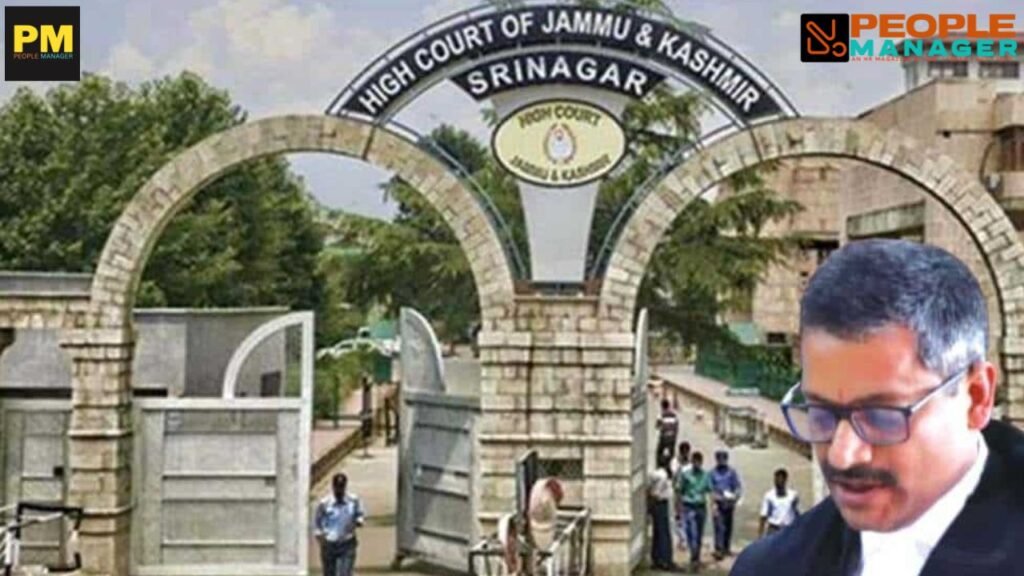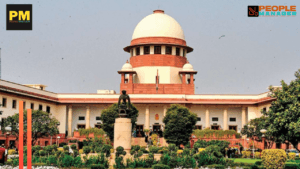Private Dispute Between Employer and Employee Not Amenable to Writ Jurisdiction Unless Presence of Statutory Violations: JKL HC
A writ petition cannot be maintained unless there is a clear connection between the act being complained of and the performance of official duties.

Private Dispute Between Employer and Employee Not Amenable to Writ Jurisdiction Unless Presence of Statutory Violations Not found, cited by Justice Rajnesh Oswal
The Jammu and Kashmir and Ladakh High Court has recently observed that not all disputes between employers and employees are subject to writ jurisdiction. A private dispute between an employer and an employee violates the contract of service without showing statutory violations
The parameters for writ petitions in employment issues were clarified by Justice Rajnesh Oswal in a recent ruling from the High Court of Jammu & Kashmir and Ladakh. In the case, Sunita Wali (respondent No. 3) attempted to contest her dismissal from a non-governmental organization or society.
On September 1, 2023, the court’s ruling emphasized the following salient features of the case: After being hired as a village secretary in March 1998, Sunita Wali’s employment was terminated on March 23, 2017. As a result, she filed a writ petition to have the termination order and associated processes quashed.
Respondent No. 6 contended that the respondent society was not performing any official government duty and was not subject to government oversight, making the writ petition unmaintainable.
After hearing arguments from both sides, Justice Rajnesh Oswal cited the guidelines established by the Supreme Court in the case of “St. Mary’s Education Society and another vs. Rajendra Prasad Bhargava and others,” stressing that a writ petition cannot be maintained unless there is a clear connection between the act being complained of and the performance of official duties.
The petitioner’s grievance, according to the judge, was basically a private disagreement over the terms of the employment contract between the employer and the employee. “The petitioner has not been able to demonstrate any statutory violation… the cause projected by the petitioner is, in fact, a private dispute,” the judgment said.
The petitioner had mentioned a case, but the court rejected it on the grounds that it did not relate to the present circumstances.
Judge Rajnesh Oswal granted Sunita Wali permission to file a complaint with the respondent society regarding her unfulfilled claims for service benefits and deposits, despite dismissing the writ petition. The ruling stated, “Without commenting upon the merits of the claim of the petitioners…” in order to avoid discussing the merits of the petitioner’s arguments.
Value our content… contribute towards our growth. Even a small contribution per month would be of great help to us. Since our establishment, we have been serving the industry through daily news and updates.
Our content is free for all, and we plan to keep it that way
Support the People Manager. Pay Here (All it takes is a minute)
- Financial Crisis Cannot Compel an Employee to Work, Resignation Rejection Amount to Bonded Labour: Kerala High Court. - February 17, 2026
- Pernod Ricard India introduces Cheers VRorld, an industry-first VR-powered onboarding experience in the Alco-Bev sector - February 11, 2026
- Jio-bp Appoints Sareeta Bhatikar as Chief Human Resources Officer to Steer Next Phase of Growth - February 11, 2026









